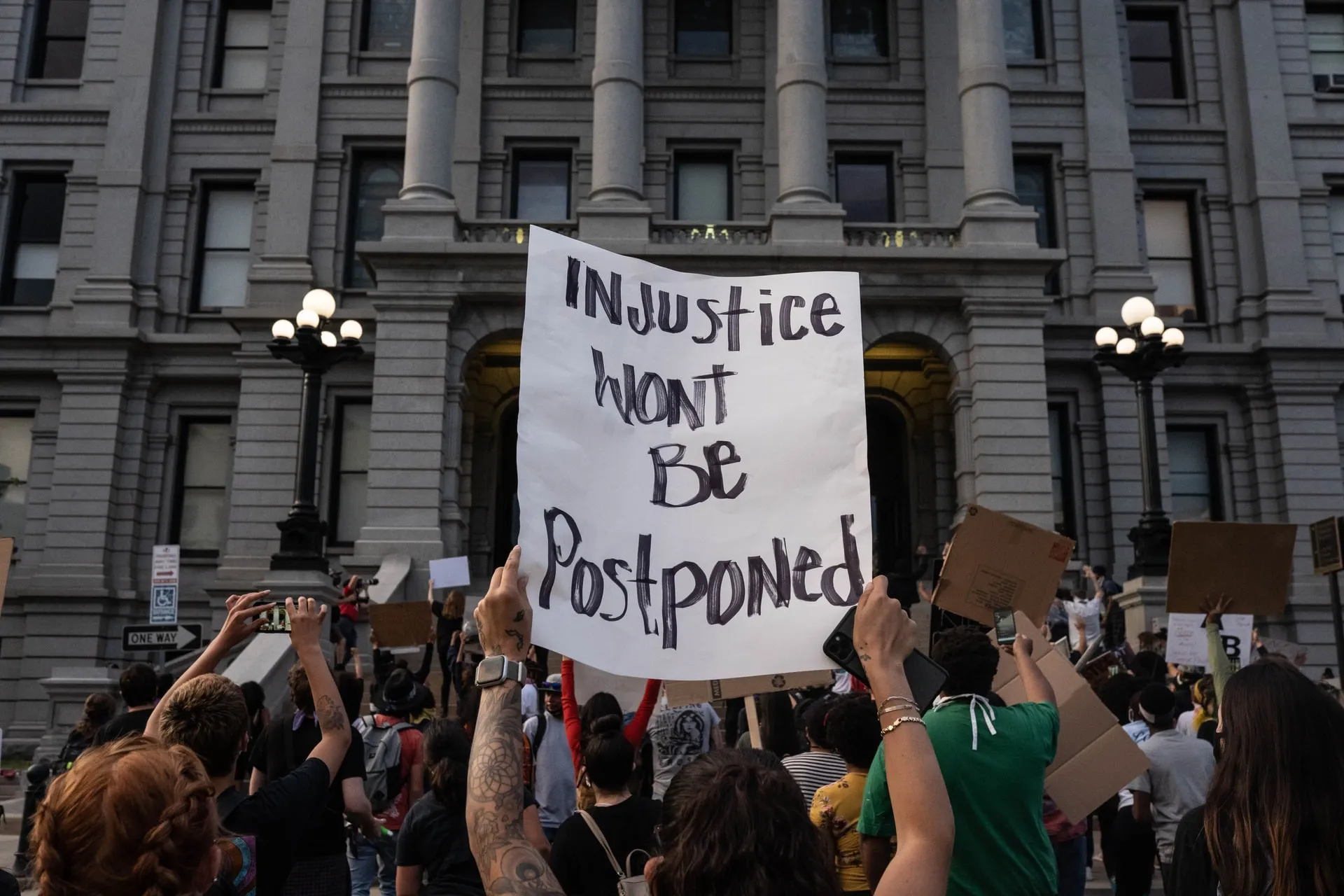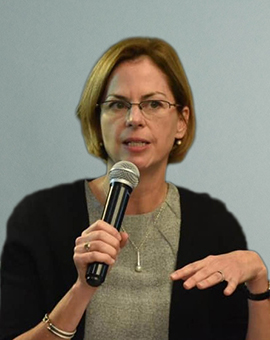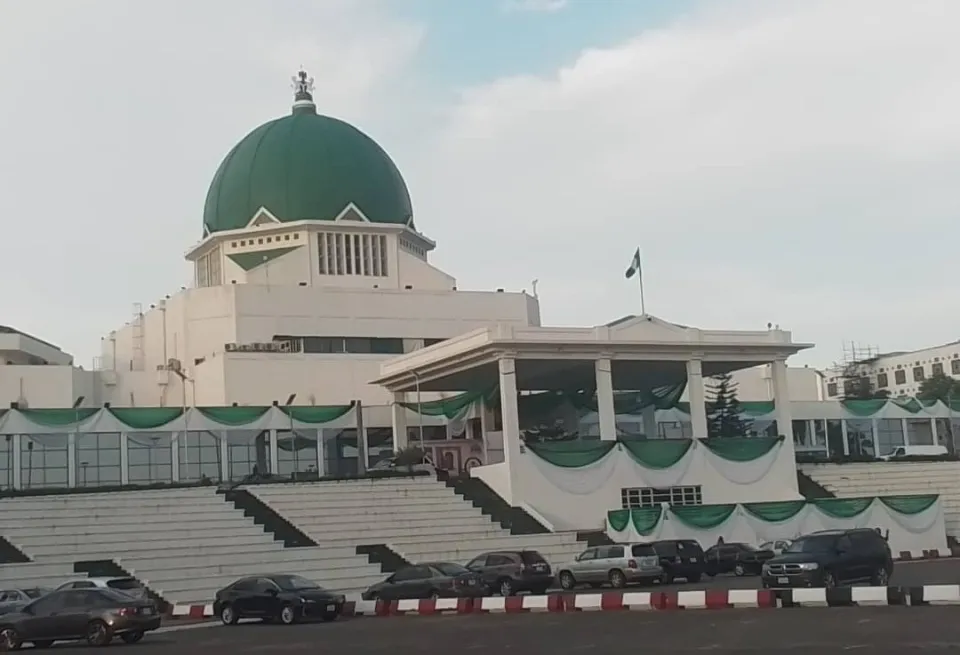
Disclaimer: Views expressed in this commentary are those of the authors, one of whom is a staff member of International IDEA. This commentary is independent of specific national or political interests. Views expressed do not necessarily represent the institutional position of International IDEA, its Board of Advisers or its Council of Member States.
Is there a connection between the coronavirus crisis and the protests in response to the murder of George Floyd by police officers? Well certainly one can’t prove causality. But I do believe the pandemic has served as a microscope on festering social ills, inequities, and discrimination in U.S. society, just as Floyd’s killing has highlighted institutional racism. The pandemic put into sharp focus the fact that many Americans work paycheck to paycheck, gig to gig. They are a broad mix of servers, retail workers, musicians, travel agents, babysitters, fast food cooks, etc. For one man, losing a job in February can mean eviction in March.
America lacks robust social safety nets, unemployment insurance, let alone a decent minimum wage to allow workers to accumulate savings. Americans also lack universal healthcare so once unemployed, often lose health insurance. “Shelter in place” in itself embodies privilege. Working from home is a luxury, and for the unemployed, staying home requires savings. So the pandemic is not the “great equalizer” some have touted. It is unequal in its impact, hurting the waitress more than the hedge fund manager, and ballooning the population of the poor and vulnerable.
As the economic fallout is unequal, so is the pandemic’s impact on elections.




